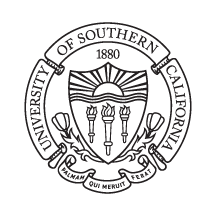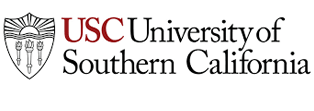
Online communities enable people to easily connect and share knowledge across geographies. Mobile phones can enable billions of new users in emerging countries to participate in these online communities. In India, where social hierarchy is important, users may overvalue institutionally recognized authorities relative to peer-sourced content. We tested this hypothesis through a controlled experiment of source authority effects on a voice-based agricultural information service for farmers in Gujarat, India. Over a two-week period, 305 farmers were sent seven agricultural tips via automated phone calls. The same seven tips were each voice-recorded by two university scientists and two peer farmers. Participants received a preview of the tip from a randomly assigned source via the automated call, and then they played the remainder of the tip by calling a dedicated phone number. Participants called the follow-up number significantly more often when the tip preview was recorded by a peer than a scientist. On the other hand, in interviews conducted both before and after the experiment, a majority of farmers maintained that they preferred receiving information from scientists. This stated preference may have been expressing the more socially acceptable response. We interpret our experimental results as a demonstration of the demand for peer-based agricultural information dissemination. We conclude by identifying design implications for peer-to-peer information services for rural communities in India.










